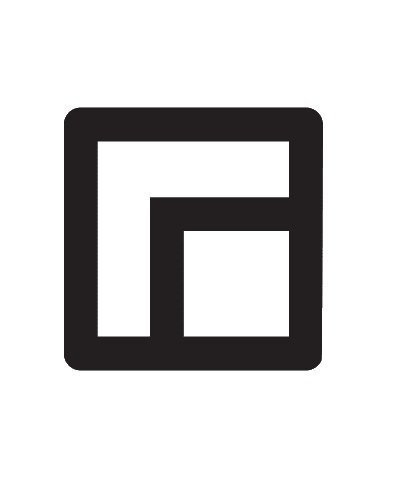Open Screen 2021
Open Screen is arebyte’s yearly programme for artists working online that self identify as disabled. Developed in partnership with Shape Arts, the open call welcomes artists who use digital tools to their advantage, overcome barriers, criticise matters of inclusivity within technology, or everything in between.
In 2021, out of the 53 proposals submitted to the open call, Tilly Prentice-Middleton and Uma Breakdown are the two artists selected by the judging panel 202. Over the span of two months, Tilly and Uma received curatorial support to develop online work that responded to Realities, arebyte’s 2021 curatorial theme. The projects went live in September 2021.
Watch Related Videos
Judging Panel 2021
Julian Lee, General Manager, Everyone Can, Manchester
Mark Stokes, Digital Artist, London
Nimrod Vardi, Founder & Creative Director, arebyte
Rebecca Edwards, Curator, arebyte
byobob
byobob is a multiple-choice game where players move around by selecting how they would like the person, or sim, to spend their day. Computer-generated images and gifs, alongside real-life documentation of immediate surroundings create collaged fragments of daily routines. Players sink into rabbit holes of the banality of being; from travelling through pipes to grab a glass of water and riding the pet cat as if she were a horse, to mindless scrolling on a phone to find shark videos. The blurring of real-life and simulated life encourages players to explore their own spaces and how mundanity drips into self-made mythologies of us and our surroundings; to question the limits between domestic and fantasy. Living within and in-between gaps of the familiar and imagined, the works asks what do gaps generate in us, and what do we generate in gaps?
Between Glasgow and the Isle of Skye, Tilly is interested in queering play, looking at how this can exist within the blur of digital and physical spaces; to be able to play out of, and in-between. Working with collage as a way to disseminate the original context of objects in order to reimagine their potentiality, through digital 3D, sound, tactile technology and video. Encouraging exploration, play, and misunderstandings: misunderstandings creating new thought processes. Playing generated through imagination, one’s own mythology of self, objects and surroundings.
Take The Moonlight by The Tail
Take The Moonlight by The Tail is a story about rescuing someone and taking them home through complex swamps; sheer cliffs; unreliable simulations/memories; and the roaming commune of dead souls. You have only one mission, and it only goes one way.
Uma is an artist/writer/researcher working around horror studies, feminist literature, and videogames living in the North East of England. In 2020 Uma finished a PhD about The Evil Dead, care, trans* écriture féminine, disaster, and additionally presented a plant horror RPG at Kim? Contemporary Art Centre, Riga/Latvia; a video game about sleeping on the ground next to animals for FACT, Liverpool/UK; and a short story about SSRIs and Artaud for Ma Bibliothèque.
So far in 2021 Uma has made web-based artworks for Akademie Schloss Solitude and Wysing Arts Centre as part of the Digital Solitude and British Council NET//WORK residencies respectively. Forthcoming summer projects include commissions for, CCA and Market Gallery (both in Glasgow), and an article for the horror studies journal Revenant on the videogame “Pathologic” through Hélène Cixous’s theories of writing.
Shape Arts
Shape Arts is a disability-led arts organisation which works to improve access to culture for disabled people by providing opportunities for disabled artists, training cultural institutions to be more open to disabled people, and through running participatory arts and development programmes.






